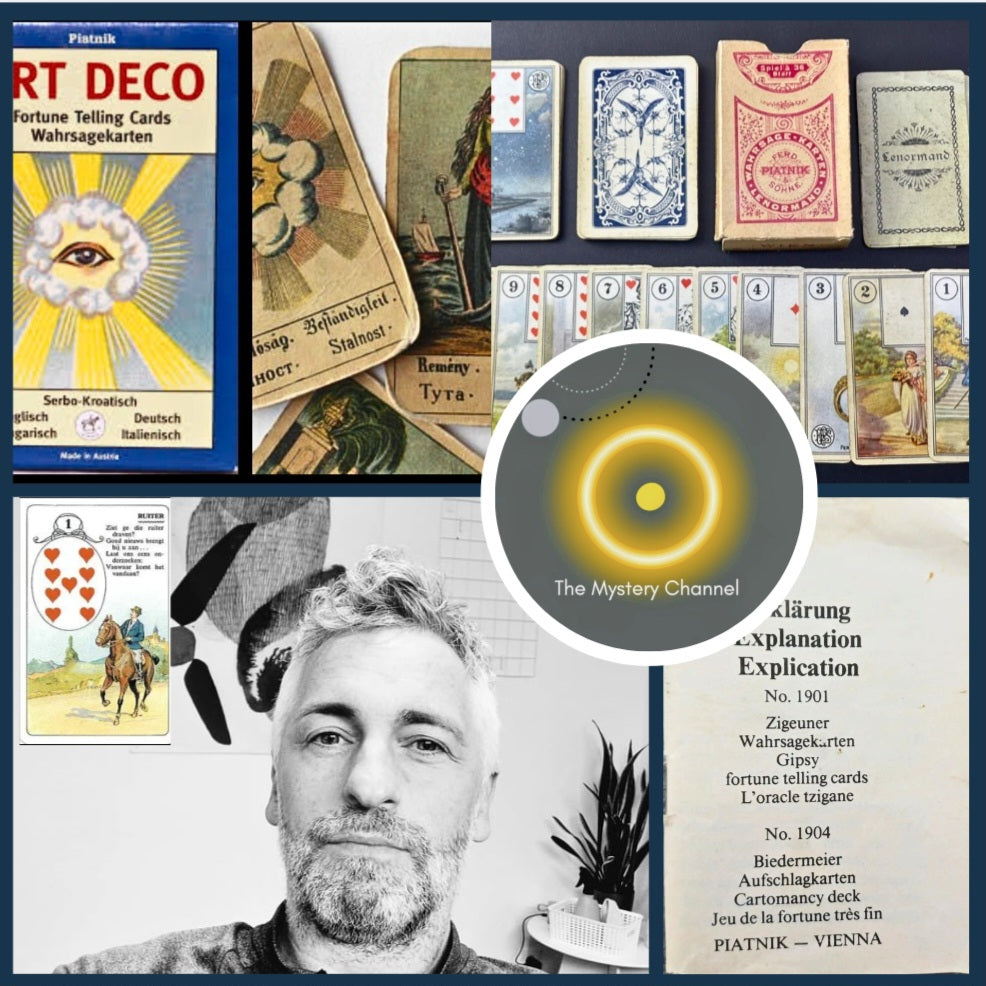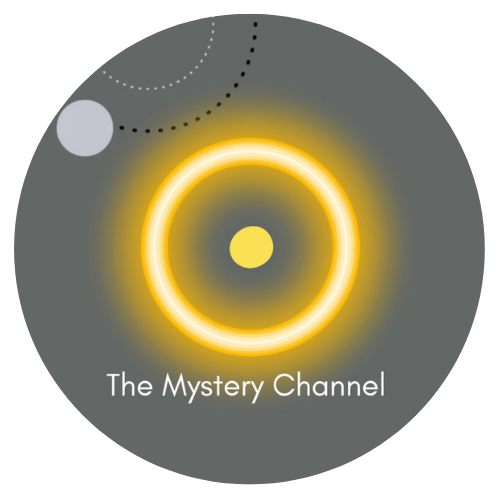
When the Cards Speak Ethics in Divination
Share
As most of you know by now, I’ve spent a large part of my life trying to understand card-reading systems. I’ve taught extensively on the subject, published about it, and of course read the cards for people.
I am still a collector of antique and vintage Tarot and fortune-telling decks, and I’ve owned—at one point or another—just about every significant deck in that realm, either keeping them in my collection or passing them on.
For my own work, I always had a strong preference for the Petit Lenormand, various playing card systems, and the Tarot de Marseille
It’s been nearly ten years since I stopped reading cards for other people. These days, I very rarely read for myself either. I used to be extremely passionate about it, but strangely enough, I could never fully enjoy being a cartomancer. I found studying and working with the cards for my own exploration far more rewarding than using them in sessions with clients. Yes, I know—that makes me something of an oddity in this field.
Of course, I understand that all one can do is act ethically, and that the responsibility for assigning value to a reading lies entirely with the querent. But it never felt that way to me, and that was what bothered me most. Above all, I could never guarantee that what appeared in the cards would truly come to pass.
Compared to others in this profession, my perspective was always rather different. Still, I continue to believe that a well-executed reading—whether its content proves “accurate” or not—can, by the experience alone, offer a variety of valuable and even uplifting side effects.
That’s why the text included with the fortune-telling cards by Piatnik remains, to me, the best description of cartomancy ever written. Most people don’t agree with me, and that’s fine. But in my opinion, this text is both the most accurate and the most liberating at the same time.
For context: Piatnik is a historic Austrian playing card manufacturer, founded in 1824 in Vienna, known worldwide for its high-quality playing cards, Tarot decks, and board games. Over the decades, they have published some of the most iconic European card decks still in circulation today.
After the usual explanations of the card meanings and some suggested spreads, the Piatnik booklet always ended with this brilliant statement:
It should be added that cartomancy also possesses a high degree of entertainment value. Yet this is not to deny the possibility that the cards may reveal a great deal of truth. It is left to the discretion of the individual to decide how much trust he or she places in what the cards have to say. Herein lies the true fascination of cartomancy: it opens up a new approach to human understanding without prescribing literal conclusions.
I still love this. And in my humble opinion—it’s true.
Björn Meuris
The Symbol Detective
